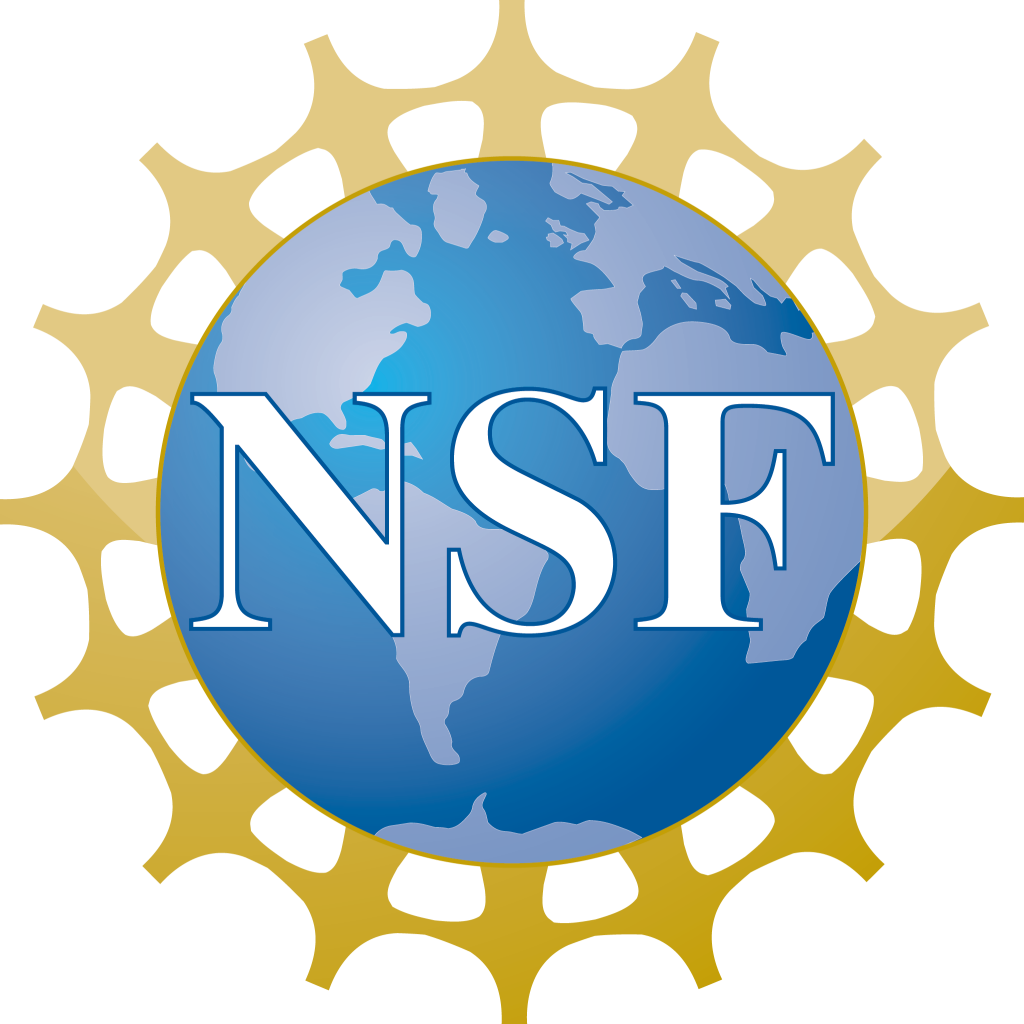 The National Science Foundation (NSF) has released a Dear Colleague Letter (DCL) calling for proposals “to the Operations Engineering program into operational methods to discover, disrupt and disable illicit supply networks,” such as those that enable human trafficking and the sale of illegal weapons, drugs, and animals. While this call is lead by the NSF’s Engineering Directorate, proposals will require expertise in social and computational science and the DCL includes NSF’s Directorates for Computer and Information Science and Engineering (CISE) and Social, Behavioral and Economic Sciences (SBE).
The National Science Foundation (NSF) has released a Dear Colleague Letter (DCL) calling for proposals “to the Operations Engineering program into operational methods to discover, disrupt and disable illicit supply networks,” such as those that enable human trafficking and the sale of illegal weapons, drugs, and animals. While this call is lead by the NSF’s Engineering Directorate, proposals will require expertise in social and computational science and the DCL includes NSF’s Directorates for Computer and Information Science and Engineering (CISE) and Social, Behavioral and Economic Sciences (SBE).
Related to this fight against illicit supply networks, the Computing Community Consortium (CCC) recently cosponsored the Code 8.7: Using Computation Science and AI to End Modern Slavery with the United Nations University Centre for Policy Research, The Alan Turing Institute, Tech Against Trafficking, University of Nottingham Rights Lab, and Arizona State University Global Security Initiative.
Code 8.7 brought together computer science researchers and technologists with policy researchers, law enforcement officials, and activists involved in the fight against human trafficking. Code 8.7 was named after Target 8.7 of the Sustainable Development Goals. With Target 8.7, 193 countries agreed to take immediate and effective measures to end forced labor, modern slavery, and human trafficking by 2030, and the worst forms of child labor by 2025. Code 8.7 is an international collaboration that seeks to effect change across the globe.
Learn more about Code 8.7 on the Delta 8.7 webpage and tune in to the CCC’s Catalyzing Computing podcast episode on the conference.
Read the full NSF DCL on Disrupting Operations of Illicit Supply Networks below and learn more on the NSF webpage.
March 7, 2019
Dear Colleagues:
Illicit supply networks pose profound threats to the health, prosperity, and security of our Nation. These technologically sophisticated networks traffic enslaved people, illegal weapons, drugs (including opioids), looted antiquities, exotic animals, counterfeit and illegally sourced products, and other contraband. Making use of the same communications, logistics, and financial infrastructure as commercial supply chains, illicit supply networks are unencumbered by national boundaries and regulations. They abuse vulnerable populations and fuel transnational criminal organizations, with grave consequences for national and international security.
With this Dear Colleague Letter (DCL), the National Science Foundation (NSF) invites proposals to the Operations Engineering program into operational methods to discover, disrupt and disable illicit supply networks. Projects must focus on fundamental research that advances the scientific understanding of the operations of illicit supply networks and methods for their disruption. While proposals must be responsive to the Operations Engineering program description, the complexity of illicit supply networks requires a systems approach, and submissions from transdisciplinary teams are strongly encouraged. Proposed work must be framed in the context of one or more distinct illicit trafficking environment(s) and must demonstrate domain knowledge of the chosen setting. Teams should include strong operations research expertise as well as domain-specific expertise in other relevant fields, such as social science, data and computational science, economics, criminal justice, and public health. The benefits and skillsets of the proposed teams, including how they will collaborate, should be articulated.
To be considered for FY 2019 funding, proposals must be submitted by May 15, 2019, to allow adequate time for external peer review. Titles for proposals responding to this DCL should be prefixed with “ISN2:”. Collaborative projects must be submitted as a single proposal from a lead organization, with subawards to the collaborating organizations.
Interested PIs may contact one of the program officers listed below for further information:
Georgia-Ann Klutke, ENG/CMMI, gaklutke@nsf.gov, (703) 292-2443
Wendy Nilsen, CISE/IIS, wnilsen@nsf.gov, (703) 292-2568
Jeffrey Mantz, SBE/BCS, jmantz@nsf.gov, (703) 292-7783
Reginald (Reggie) Sheehan, SBE/SES, rsheehan@nsf.gov, (703) 292-5389
Sincerely,
Dawn M. Tilbury
Assistant Director, Engineering Directorate









